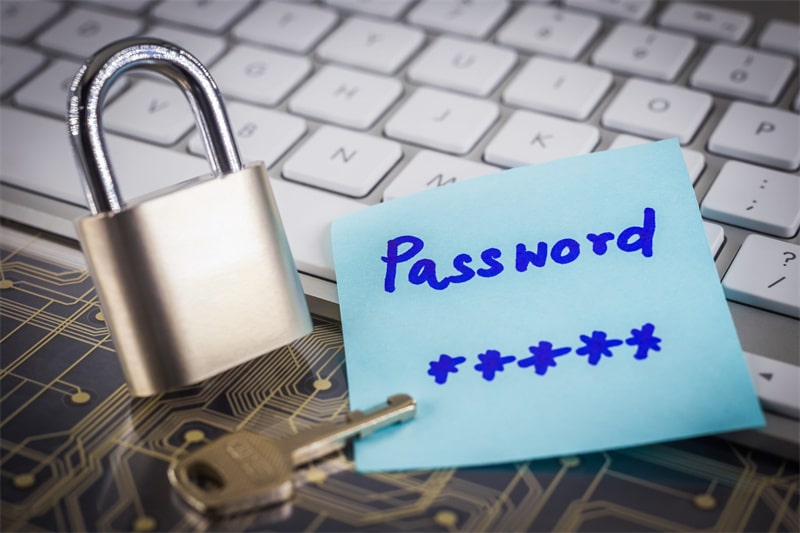
Online identity theft is a more common problem than many perceive it to be. There are a range of ways that a victim of online identity theft can find themselves at risk. In our technology-driven world, it is a problem that everyone wants a solution to.
In addition to emotional distress and a range of other problems, identity thieves can also cost you financially. While one may feel as if they are in the worst possible situation, the silver lining is that you can make this problem go away.
Here is all you need to know about protecting your identity online.
1. Use Antivirus

Antivirus software is designed to identify, prevent, and fight off malicious and problematic viruses from crawling onto your personal devices and causing harm. You can choose to scan for viruses manually or turn on the automatic function for the prevention of harmful viruses.
Most antiviruses are designed in a way to ask your permission before deleting a problematic software or file. This way, you will not have to worry about losing your precious data.
2. Use an Alternative ID
Looking at the ever-growing and concerning numbers of online identity theft, many people wonder if there is a way for them to create a unique email and online identity. If you are wondering the same, you can learn more here.
Alternative IDs are an ideal option to avoid sharing your personal information with websites you do not trust. These unique identities also ensure that you do not have to deal with spam emails and annoying marketing subscriptions anymore.
3. Strengthen Your Passwords

A password may be the most common form of protection, but being commonly used does not hinder its efficacy. Strong passwords are your first effort for protection from opportunists and scammers. You must make it count to ensure the protection of your data.
Personal sensitive data such as personal pictures, Social Security numbers, and credit card information are the primary targets for most identity thieves. Make sure that the passwords you use are a combination of numbers, alphabets, and special characters that are hard to guess. Use a different password for each website and avoid easy-to-guess combinations such as your birthday or pet’s name.
4. Avoid Phishing and Online Scams
Phishing scams are a common way for online identity thieves to steal your personal information and misuse it. They gain access to your data through emails or text messages by pretending to be a person, a business, or a person who you know and trust. Such texts or emails often include threats, leading you to take action by clicking a link.
As soon as you click a link, a pathway is created for these opportunists to access your data. You can avoid falling victim to such problems by holding yourself from clicking links in emails. Even if a reliable source provides the link, it is better to visit their website instead of clicking it through an email or a text message.










